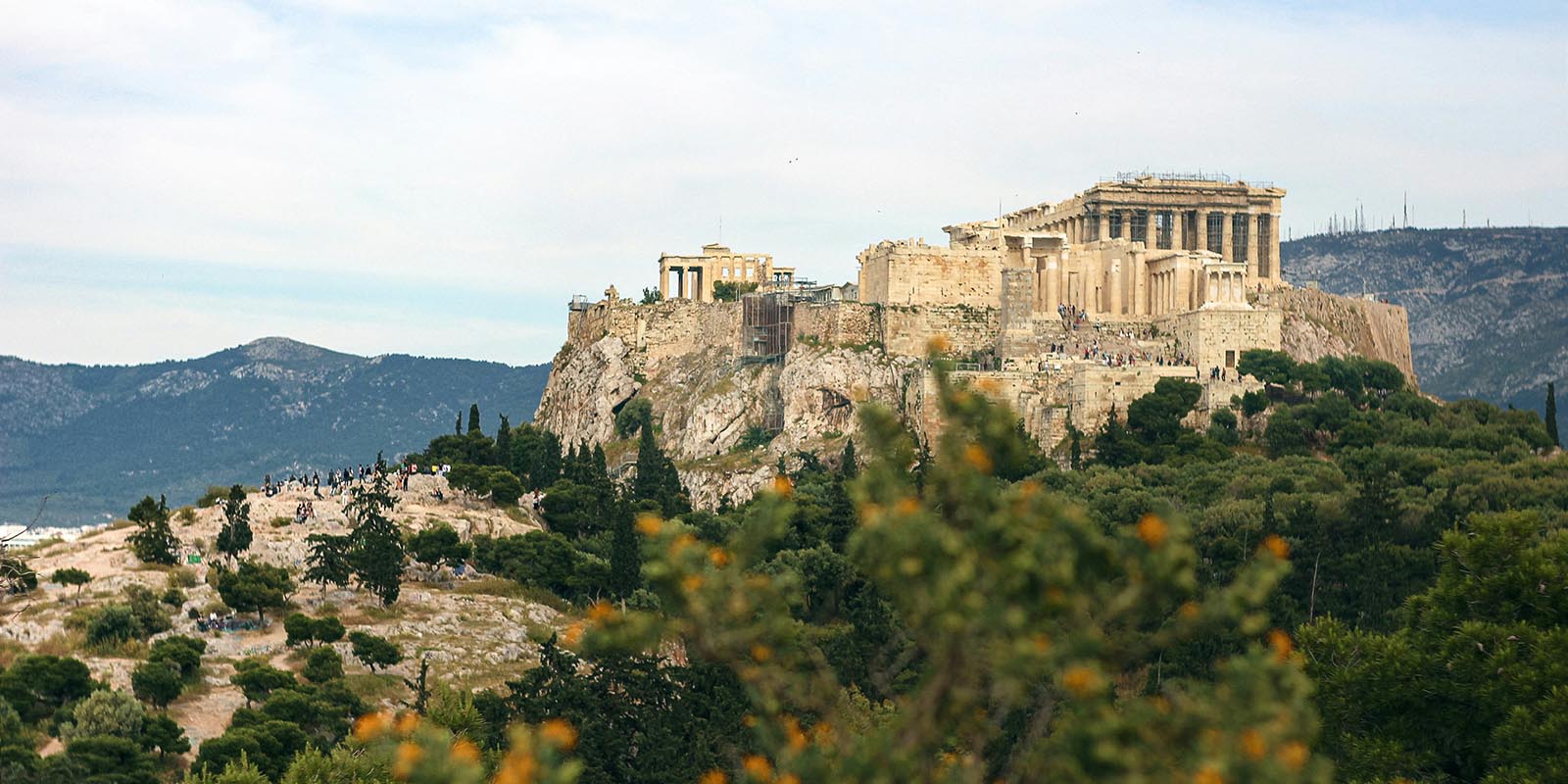

Ancient Greek religion and beliefs were deeply interwoven into the fabric of everyday life, influencing various aspects of culture, politics, and social structure.
The pantheon of Greek gods and goddesses was central to their religious beliefs. These deities, such as Zeus, Hera, Poseidon, Athena, and Apollo, were believed to reside on Mount Olympus and played vital roles in the world. The gods were thought to control natural phenomena, human destiny, and societal norms, each deity embodying specific attributes and domains.
Mythology was a fundamental component of Greek religion, with myths explaining the origins of the world, the gods, and humanity. These stories conveyed moral lessons, cultural values, and historical narratives, shaping the collective identity of the Greeks. Heroes like Hercules, Perseus, and Theseus were celebrated for their extraordinary feats and divine favor, bridging the human and divine realms.
Religious practices in ancient Greece were diverse and widespread, encompassing public and private rituals. Temples dedicated to various gods were built throughout the Greek world, serving as centers of worship and community gatherings. Major sanctuaries like Delphi, Olympia, and Eleusis attracted pilgrims seeking oracles, healing, and participation in sacred mysteries.
Rituals and sacrifices were integral to Greek religious observance. Animal sacrifices, libations, and offerings of food, wine, and other goods were made to honor the gods and seek their favor. Festivals, such as the Panathenaic Games in Athens and the Eleusinian Mysteries, were significant religious events that combined worship with cultural activities, reinforcing social cohesion and religious devotion.
The Greeks also believed in the importance of fate and prophecy. Oracles, such as the famous Oracle of Delphi, played a crucial role in guiding personal and political decisions. Priests and priestesses interpreted the will of the gods, offering insights and predictions that influenced everything from warfare to colonization.
Ancient Greek religion was not just about worship but also about understanding the human condition and the natural world. It provided a framework for exploring philosophical questions about existence, ethics, and the cosmos. The legacy of Greek religion and mythology continues to resonate, inspiring art, literature, and thought across the centuries.
The rich tapestry of ancient Greek religion and beliefs highlights the profound ways in which the Greeks sought to comprehend their world and their place within it. Through their gods, myths, and rituals, they created a cultural heritage that remains influential and captivating to this day.
Religion in ancient Greece was deeply intertwined with society, influencing daily life, politics, and culture. The Greeks worshipped a pantheon of gods and goddesses, each overseeing different aspects of the natural world and human experience. Public and private rituals were common, and temples served as focal points for communal worship. Religion helped to establish social norms and cohesion, with festivals and ceremonies reinforcing community bonds and honoring the divine.
More
Rituals and priests played a crucial role in ancient Greek religion. Rituals included sacrifices, libations, prayers, and festivals, designed to honor the gods and seek their favor. Priests and priestesses, often chosen from elite families, facilitated these rites and maintained temples. They acted as intermediaries between the gods and the people, ensuring proper conduct of religious practices and interpreting divine will, thereby maintaining the sacred order.
More
Festivals in ancient Greece were major religious and social events, celebrating the gods and uniting the community. Key festivals included the Panathenaia, honoring Athena with athletic and cultural contests, and the Dionysia, celebrating Dionysus with dramatic performances. These festivals featured processions, sacrifices, feasts, and competitions, providing opportunities for communal worship and reinforcing cultural identity.
More
Places of worship in ancient Greece ranged from grand temples to simple household shrines. Temples, like the Parthenon in Athens, were dedicated to specific gods and served as centers for public rituals and sacrifices. These sacred spaces often housed cult statues and offered a place for citizens to seek divine favor. Smaller altars and shrines were found in homes and public spaces, reflecting the omnipresence of the divine in Greek daily life.
More
Ancient Greek art and architecture, with its harmonious proportions and timeless elegance, continue to inspire awe and admiration millennia later.
Discover
Greek mythology, a rich tapestry of gods, heroes, and mythical creatures, captivates the imagination with its tales of love, betrayal, and epic adventures that delve into the depths of the human psyche.
Discover
Ancient Greek history, marked by remarkable achievements in democracy, philosophy, and warfare, shaped the foundation of Western civilization, leaving an indelible legacy of innovation and cultural influence that continues to resonate to this day.
Discover
The ancient Greek Olympics, held in Olympia every four years, celebrated athleticism, unity, and cultural pride, serving as a testament to the enduring spirit of competition and excellence that transcends time and borders.
Discover
Ancient Greek wars, such as the Persian Wars and the Peloponnesian War, were pivotal conflicts that shaped the course of history, highlighting the struggle for power, independence, and the clash of civilizations in the ancient Mediterranean world.
Discover
Ancient Greek culture and society, characterized by its emphasis on art, philosophy, and civic engagement, fostered a vibrant intellectual and social landscape where innovation flourished, democracy thrived, and the pursuit of knowledge and excellence was celebrated as fundamental values of civilized life.
Discover
Find out more about ancientgreece.com